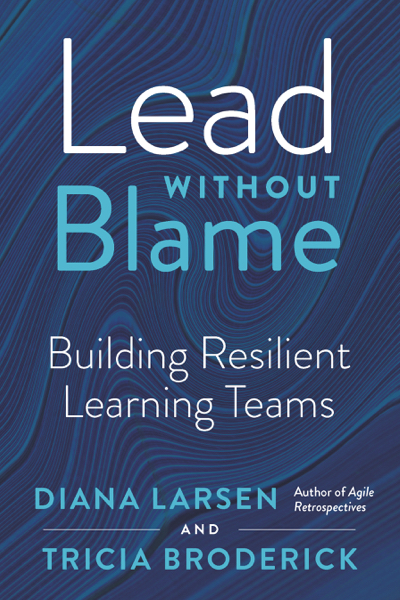This is a book “review” or really my comments of The 5 Languages of Appreciation in the Workplace by Gary Chapman and Paul White.
First, I put review in quotations because I’m no true reviewer. I will share my opinions but they are strictly my opinions. I highly recommend always reading for yourself.
Second, I do not get paid for this. I got this book purchased for me by a former colleague. I did a recent talk about some of the struggles a leader faces and one of them was regarding appreciation. I thought I was super clever and put in the session a play on the 5 Love Languages but in the workplace. Little did I know that this already existed and I should probably read the book! Grateful, he did and let me know.
Now disclaimers aside, I enjoyed reading this book…here’s why:
- The importance of appreciation should come as no surprise if you read my blog at any length of time. In fact, one of the statements I made in the session was that a leader can be so focused on appreciating others that they miss out on appreciation themselves. This is not so great for leaders that are human – which hopefully is everyone. Everyone needs to feel appreciated…at least occasionally. Or better as Steven Covey said “Next to physical survival, the greatest need of a human being is psychological survival, to be understood, to be affirmed, to be validated, to be appreciated.” So all of the chapters about “what if it’s uncomfortable” just didn’t apply to me. I was all down for this content.
- I liked the distinction between recognition and appreciation. Recognition is largely about behavior. Appreciation focuses not only on performance but also affirms value as a person.
- Most workplace appreciation programs are really recognition that don’t motivate or make people feel valued. (Years of service, etc)
- In the workplace, I tended to cover all five forms. Words of Affirmation, Quality Time, Acts of Service, Tangible Gifts, and Physical Touch (appropriately!). But this book make me realize that online in this blog, I’m only doing the Words of Affirmation for my monthly appreciation posts. What if the person I’m appreciating, doesn’t have Words of Affirmation as their primary or secondary language. My goal is for them and I might be missing the mark completely. This has left me a little puzzled as I’m not sure what to do with it. So I’ll keep reflecting.
- The part I didn’t like: the end of the book and the constant reference to their assessment tool. The end of the book: I just found myself skimming quite a bit and not finding the end chapters as valuable (what if I don’t appreciate people on my team). The references to their assessment tool: felt too much like marketing when I was trying to learn.
Overall, the biggest learning win for me was I might be good at giving appreciation, but am I always considering how they want to be appreciated? Nope. I need to work on this.
Whenever you can learn, the book was worth it!




